We should talk about Pokémon Go’s loot boxes
UPDATE: Recent player research regarding Pokémon Go’s latest Dragon Week event has confirmed that the rarity of the sought-after Pokémon, Deino, was significantly lower than expected initially. Early findings suggested that Deino’s hatch rate was below one percent for the first few days of the event, but after an unannounced adjustment in the game’s odds, researchers noted a hatch rate exceeding three percent.
Community efforts on platforms like Reddit have mobilized to encourage the game’s developer, Niantic, to disclose loot box odds to enhance transparency in the game’s monetization practices.
ORIGINAL STORY: Pokémon has always integrated chance into its gameplay, whether through finding specific creatures, determining their attributes, or encountering alternate Shiny versions. These chance-based mechanics have persisted across all Pokémon games, but complications arise when players can pay for such chances.
As a free-to-play game, Pokémon Go heavily relies on in-game purchases. Over the years, it has effectively encouraged players to spend, becoming a successful model for live-service games and generating billions from its vast player base. Events like the recent Pokémon Go Fest showcased this success, with millions purchasing tickets and raising significant funds for charity.
The game’s primary revenue sources are raid passes and egg incubators, both of which provide opportunities to catch rare or Shiny Pokémon. While these items can be obtained for free in limited quantities, players often purchase them for more chances to catch desired creatures.
The egg and incubator system has come under scrutiny for offering low odds for rare Pokémon and for not openly communicating these odds. During the Dragon Week event, players reported difficulty in finding Deino, the main attraction, which led to frustration regarding the perceived unfairness of incubators.
Pokémon eggs can be obtained for free, but they require walking to hatch. Players can hatch one egg at a time using a free incubator or purchase limited-use incubators for additional attempts. Paid incubators also allow for faster hatching rates.
In response to previous complaints, Niantic has begun listing egg pool contents for specific events, providing clarity. However, the company has yet to disclose how many eggs players might need to hatch to obtain specific desired Pokémon. Players often rely on community data to gauge this information, with the Silph Road community being a prominent source.
For Dragon Week, Niantic provided information on Pokémon hatching from eggs, indicating that while some Pokémon might be rarer than others, the odds of hatching Deino were initially very low. Despite some players receiving Deino from tasks, many sought to hatch Deino from eggs, which was challenging under the previous odds.
Community Research Findings: Initial findings from the Silph Road community showed that after hatching 266 7km Pokémon eggs, common Pokémon like Dratini and Horsea had significantly higher hatch rates compared to Deino, which had a zero hatch rate initially. However, mid-week reports indicated a change in odds, leading to a slight increase in Deino hatches.
After 676 hatches, the community reported a hatch rate of 1.8 percent for Deino and slight increases for other rare Pokémon. The Shiny variant of Deino also remains uncertain in terms of hatch rate, likely adding another layer of randomness.
While the game encourages players to chase after new Pokémon and their Shiny variants, the egg and incubator mechanics have drawn parallels to loot box systems. They involve purchasing opportunities to receive random rewards, often leading to frustration among players. The absence of disclosed odds further complicates players’ understanding of their chances, and many have called on Niantic to follow the lead of other games that openly share this information.
The ongoing debate about loot boxes has garnered attention globally, with various countries considering regulations. In the UK, discussions have emerged about classifying loot boxes under gambling laws to protect younger players from potential exploitation. Niantic has not publicly addressed these concerns, but it appears to be monitoring community feedback regarding transparency and fairness.
As Pokémon Go continues to thrive, it is essential for Niantic to address these concerns. Ensuring that players feel satisfied and fairly treated in their gaming experience is crucial for maintaining a healthy player community. The call for transparency around odds should be prioritized to respect the players’ trust and enhance their overall experience.
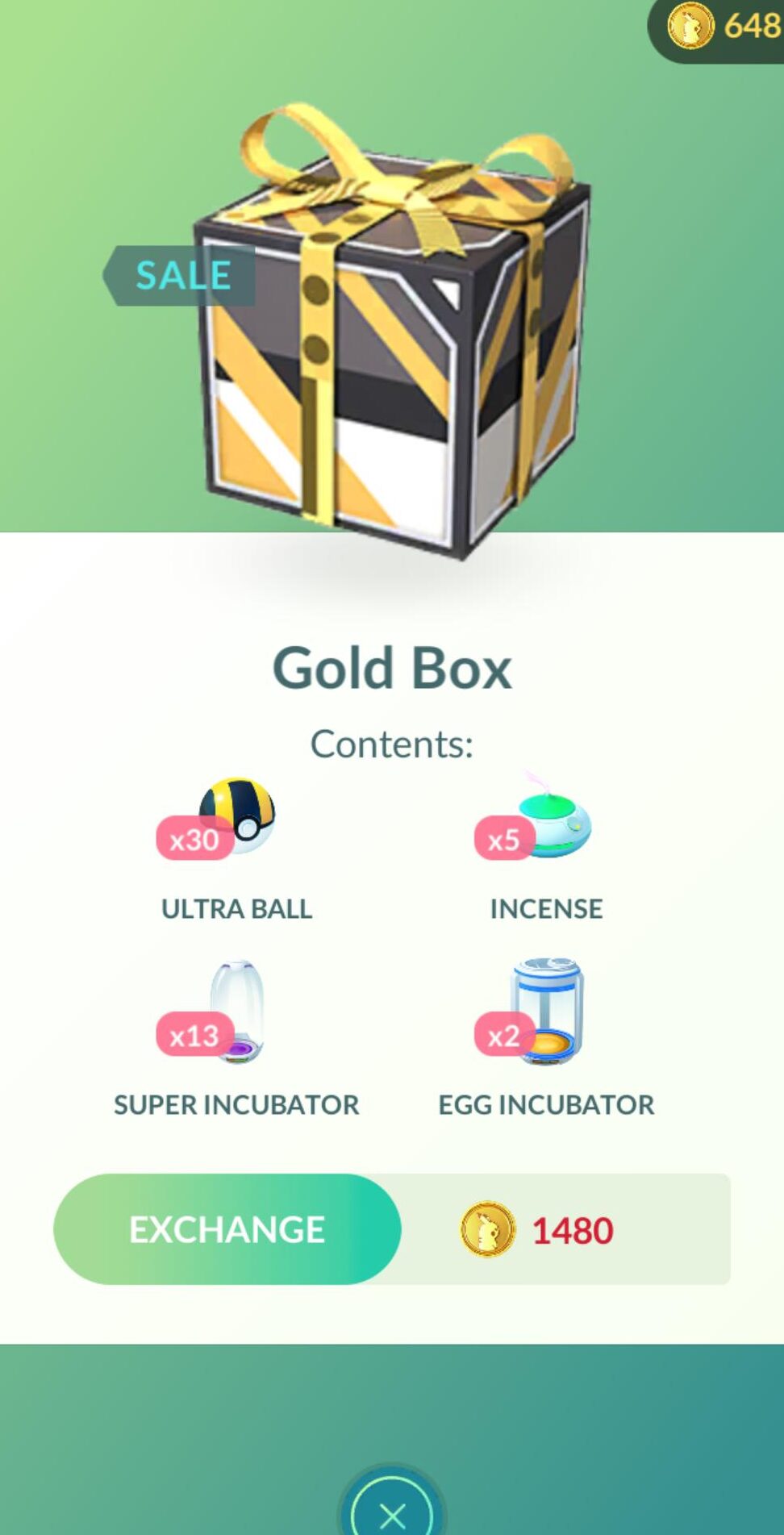

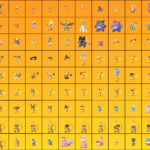


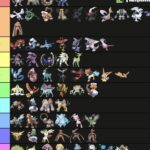





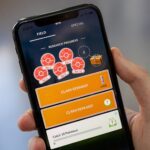











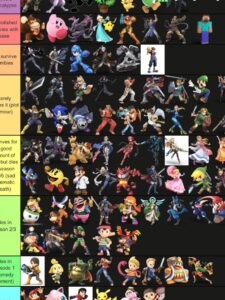




Post Comment